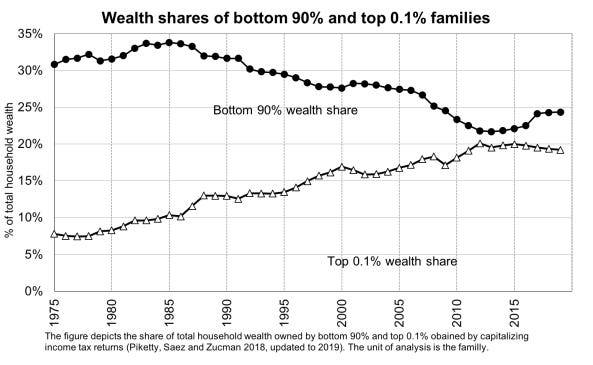Do Unto Others (What is in Your Rational Self-Interest)
Luke 6:27-38
Luke 6:27-38
Jesus continues his sermon on the plain this week, and it is full to the brim with radical teachings that slam headlong into the values of our capitalist economy. You may remember from last week that he gathered his disciples and the people from all around for a little sit down talk. In this part of his sermon he is making a statement about his values. Jesus says, “All those things the world teaches you to do… Don’t do them. Instead, do the opposite.”
Give to everyone who begs from you; and if anyone takes away your goods, do not ask for them again. Do to others as you would have them do to you.
All of the teachings in this section are about how we treat one another. In example after example Jesus teaches the folks listening to do the opposite of what the values of their day would say. You might have been taught that you should love your family and wish ill on the people who you think are your enemies. Don’t do that. Instead, love your enemies. You may have been taught that you should keep a close eye on all your belongings, because someone might take what’s yours. Don’t do that. Instead, give freely to anyone in need. You may have been taught to fight back if someone hits you. Don’t even do that.
In all these cases, Jesus is moving his listeners from individual values, like “what’s most important is what happens to me,” to community values, like “what’s most important is what happens to our shared community.” The community of Jesus is a community in which we all look out for one another. It is not a community where we just look out for ourselves. It is even a community where we are willing to sacrifice to make the community whole. As Jesus says, it is a community where you “do to others as you would have them do to you.”
While these words might be very familiar to you, it may be that the values at their heart are not very familiar. That is because we live in a capitalist system that has its own set of values. We rarely talk about capitalism as having values, but we know them all just the same. The St. Louis Federal Reserve bank makes a podcast as a resource for high school economics teachers. It goes through different economics concepts in each episode, and it has a short episode on self-interest. It doesn’t use the word values, but it does do a good job getting them across at a high school level. It says,
So why does the baker choose to bake? The answer is self-interest. The baker wants to earn enough money to feed his family and buy the things he wants and the most effective way he has found to do that is to bake bread for you. In fact his bread has to be good enough and the service friendly enough that you are willing to give up your money freely in exchange for his bread. The baker while serving his self-interest has produced a good that is very valuable to you. The miracle of a market system is that self-interest produces behavior that benefits others.
The value at the heart of our capitalist system is that by each person pursuing their own self-interest we will produce the common good. Jesus is arguing the opposite. Rather than pursuing our own self-interest, we should love our neighbors as ourselves and work for the common good, or to put it another way, we should follow Jesus’s teachings and help bring about the Kingdom of God.
Jesus calls us to follow him and not our self-interest. He knew then, what we all see now. A country where we all take care of ourselves is a country where some will hoard and some will starve. We see this all around us. As you see below we now live in a country where the top 0.1% of families own almost as much as the bottom 90% of families. This is not how God is calling us to live.

